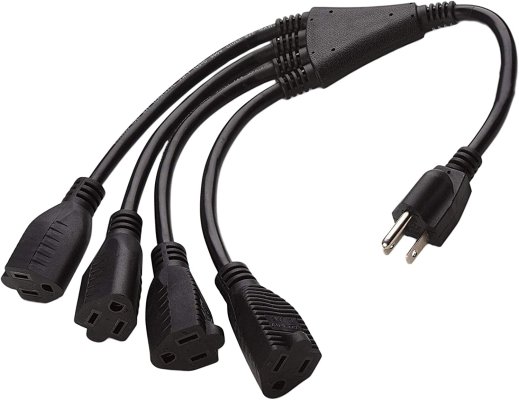easysurfer
Give me a museum and I'll fill it. (Picasso) Give me a forum ...
- Joined
- Jun 11, 2008
- Messages
- 13,155
The plug in rebooter might seem like overkill but will pay off the one time out of town with nobody home to manually do a reboot.
I have several things (router, cable modem, ooma, switch box) that needs rebooting. The rebooting device I use only accepts one outlet. I have one of those extensions that split to accept 4 different things with one plug out.
Without the rebooter, when internet goes down, sometimes my router automatically reboots. Other times, connection is lost and the router doesn't reboot by itself. That's where the rebooter earns its keep .
.
With the reboots, I haven't seen any issues doing all at once with the extension splitter.
I have several things (router, cable modem, ooma, switch box) that needs rebooting. The rebooting device I use only accepts one outlet. I have one of those extensions that split to accept 4 different things with one plug out.
Without the rebooter, when internet goes down, sometimes my router automatically reboots. Other times, connection is lost and the router doesn't reboot by itself. That's where the rebooter earns its keep
 .
.With the reboots, I haven't seen any issues doing all at once with the extension splitter.

